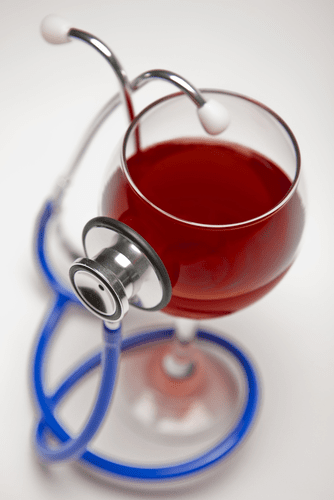The more tools you have for identifying triggers, coping with stress, and managing your new sober life, the easier you’ll prevent relapse. They can help motivate a person to remain sober to reach the next milestone. Triggers for using drugs and alcohol typically are people, places, and things that remind you of your addictive behavior or encourage the use of substances you’re avoiding. Early sobriety may come with feelings of fatigue and the stress of dealing with challenges (people, places, and things that stimulate the urge to use).
Manage Withdrawal
Most of us realize that alcohol is heavily woven into modern culture, but going alcohol-free is going to increase your awareness of the direct and indirect social pressures to drink. You’ll start noticing how many alcohol references you see throughout your day, and it will probably be annoying at times. You’ll also notice just how differently alcohol is treated than other mind-altering drugs, like how it’s the only drug that you have to explain why you don’t use it. Have you ever been asked why you don’t smoke cigarettes?

Healthy Habits and Lifestyle Changes
- So there is a recovery community that microdoses called, Psychedelics in Recovery.
- Connect with them by phone, in person, or on social media.
- Identify your triggers and stressors and develop a plan for how to cope with them.
- One way to maximize your time is by volunteering to teach others about the dangers of addiction and the benefits of living substance-free.
- Plus, as some side effects can be life-threatening, you don’t want to risk death when you could’ve received help.
- Talk to your therapist, other healthcare provider, or sponsor about how to deal with your anger in ways that won’t cause you to harm yourself or others or turn to alcohol or drugs.
When you’re sober though, you don’t need to worry about choking, your throat remains open, and you get plenty of oxygen to the brain resulting in more restive and quiet sleep. Mindfulness can be a powerful tool for almost anyone, and especially those who have https://www.cowboysjerseysedge.com/know-the-types-of-ulcer-drugs-based-on-their-function.html struggled with addiction. So, as you move through sobriety, try to practice mindfulness, whether it’s through daily meditations or simply staying present in each moment. Some people decide they aren’t going to drink or use drugs, and they never do so again.
Understanding Sobriety
Identify your triggers and stressors and develop a plan for how to cope with them. This can include practicing self-care, reaching http://www.tvsubtitles.ru/tvshow-77-5.html out to your support system, or seeking professional help. Addiction can significantly impact your life, health, and relationships.
Just keep in mind that your improvements won’t happen overnight. You may also need to change your route to work or home in order to avoid any triggers, or people, places, or things that make you want to use drugs or drink again. Lasting recovery requires http://fastleads.ru/c8-p25.html lasting effort, but relapse is not failure or weakness; it takes more than willpower to maintain sobriety. This article discusses the meaning of sobriety and arms you with information and strategies to smooth—and stay on—your path to wellness.

Adopt Self-Care Routines

Start Getting Better Now
- Sometimes, you may not realize your symptoms are due to withdrawal and detox.
- Sobriety encompasses more than simply abstaining from drugs or alcohol; it involves enhancing your physical and mental well-being.
- It’s also about building strong relationships, pursuing passions, and finding meaning and joy in life.
- The weight loss can also contribute to the better sleep as well.
